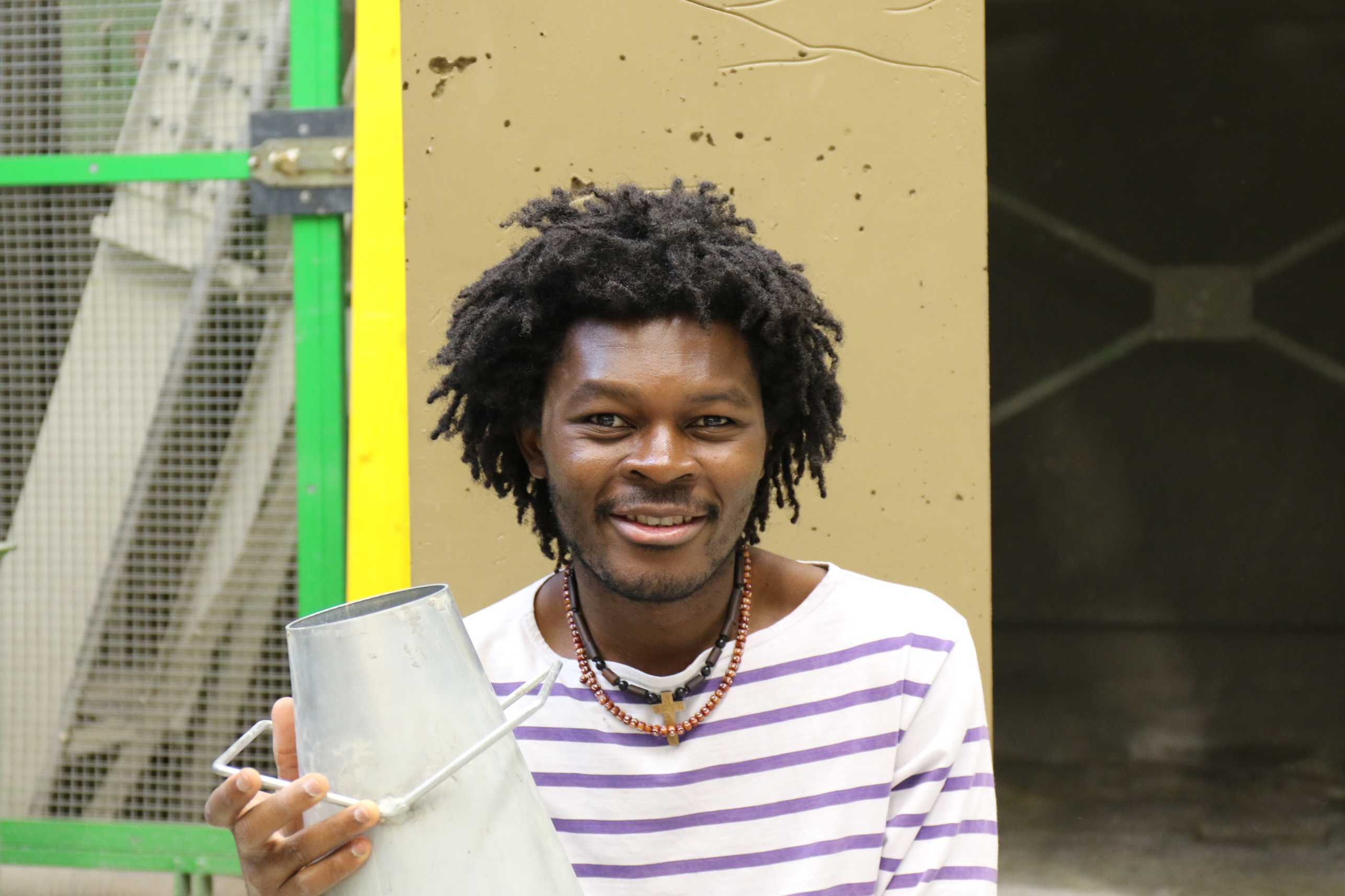Knowledge and Technology Transfer
We aim to bridge the gap between research and real-world impact by transferring knowledge and technology.
Through our Research to Action Projects, we support the dissemination and adoption of research results through start-ups, NGOs, government agencies, and industry partners.
Our Social Impact Pioneer Fellowship helps ETH students and researchers launch spin-offs that drive positive change in low- and middle-income countries.

Social Impact Pioneer Fellowship
The Social Impact Pioneer Fellowship empowers entrepreneurial ETH students and researchers in developing their research-based technologies into viable products and services with a social impact to successfully launch a scalable ETH Spin-off company. The Social Impact Pioneer Fellowship is awarded to projects that serve people living with less than 10 Dollars per day in low- and middle-income countries. All countries on the OECD DAC List 2023 are eligible (see Download OECD DAC-LIST 2023 (PDF, 204 KB)).
You will receive up to CHF 150’000 for 18 months (12 months for a team of 2 Fellows). In addition, you will get coaching, entrepreneurial training, support by your host Professor, access to ETH infrastructure and the entrepreneurial ecosystem.
Application Windows: 1 February - 1 March & 1 August - 1 September
More information on the Social Impact Pioneer Fellowship and Application Form.
ETH4D Research to Action Grant
The grant aims to ensure that research results are being used, implemented, and disseminated. It supports ETH Zurich students, post-docs and senior scientists to develop prototypes, explore opportunities for entrepreneurship and discuss their work with practitioners. The grant sum is up to 5 kCHF for students and postdocs and 20 kCHF for professors and senior scientists.
Who: Bachelor students, master students, doctoral students, post-doctoral scientists, senior scientists, and professors are eligible to apply. Students must be enrolled at the time activities are carried out. Projects require a collaborating non-academic partner, based in the project’s country of focus and need a letter of support from the non-academic partner.
What: Projects need to (i) have an institutional link to ETH Zurich e.g. previous research or courses taken at ETH or be connected with ETH initiatives and (ii) demonstrate global development-related impact by bridging the gap between research and practice. Please note that the grant does not cover expenses in the past.
Where: Preference will be given to activities in countries listed as “least developed, low- and lower-middle-income country” according to the external page OECD DAC list. Applications with a focus area outside of the DAC-list should justify their selection.
Find more information about the Research to Action Grants here.
Check out the Research to Action projects here.